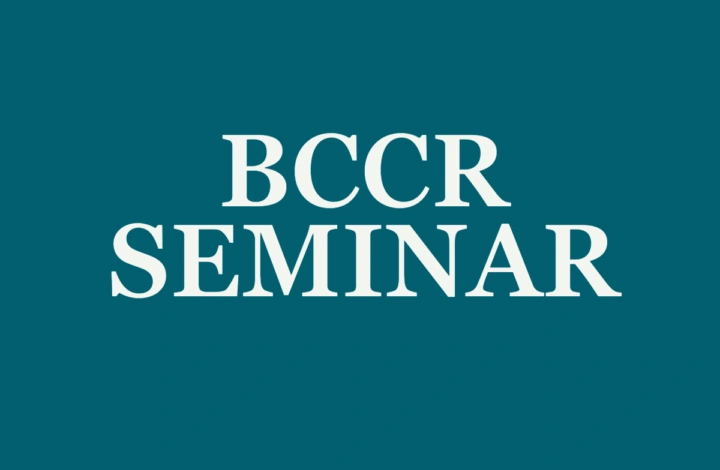Kalender
Prof. David M. Schultz: "Cold Fronts: The Unknown Knows"

Tidspunkt
11. august 2025, 09:00-10:00
Sted
BCCR lecture room 4020, Jahnebakken 5
Abstract
When thinking about human understanding, there are known knowns. These are things that we know we know. There are also known unknowns, things we do not know. Unknown unknowns are things that we don't know we don't know. Finally, there are the unknown knowns---things we do not know we know.
Operational experience and the scientific literature tell us that the structure and dynamics of fronts are more complicated than our common perception of them---in other words, there are unknown knowns. Many of these unknown knowns have existed since the earliest work on fronts in the early part of the 20th century, meaning we have not evolved with the state of the science.
Come prepared to have your foundations in atmospheric science challenged as I show freaks of nature (that are more common that you may realize), including cold fronts tilting forward over the warm air, cold fronts where the wind shift is not coincident with the temperature gradient, and cold fronts characterized by surface warming after frontal passage! I will also discuss the issue of how cold fronts move and whether they necessarily move faster than warm fronts.
Speaker information
Short biography
David Schultz is Professor of Synoptic Meteorology at the University of Manchester. He has published over 200 journal articles on atmospheric phenomenon from as small as mammatus and tornadoes to as large as the global circulation during the Snowball Earth 2.5 billion years ago. His principal research interests are extratropical cyclones, fronts, severe convective storms, and the organization of precipitation, where he has helped modernize and extend the Norwegian cyclone model, the formation of occluded fronts, and airstreams such as the cold conveyor belt and sting jet. He has been critical of poor science and communication, specifically the language around instabilities and the scientific literature published on the effect of weather on the spread of COVID-19. He has received multiple teaching and supervision awards, including the 2023 Inaugural Education Award from the Royal Meteorological Society. He was the third-longest serving Chief Editor in the 151-year history of Monthly Weather Review (2008–2022) and recipient of the 2024 Cleveland Abbe Award for Distinguished Service from the American Meteorological Society. He is author of Eloquent Science: A Practical Guide to Becoming a Better Writer, Speaker, and Atmospheric Scientist, which has been translated into Chinese and published by the China Meteorological Press.
Flere kalenderoppføringer
Se alle
BCCR Monday Seminar 8th September: " Wave-driven ocean currents: how ocean responds to Stokes transport"
